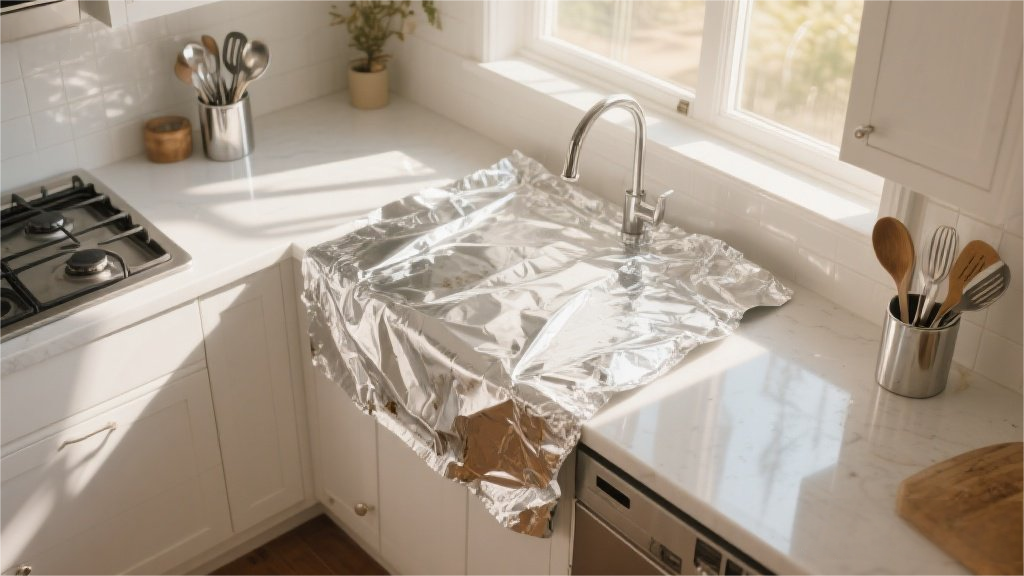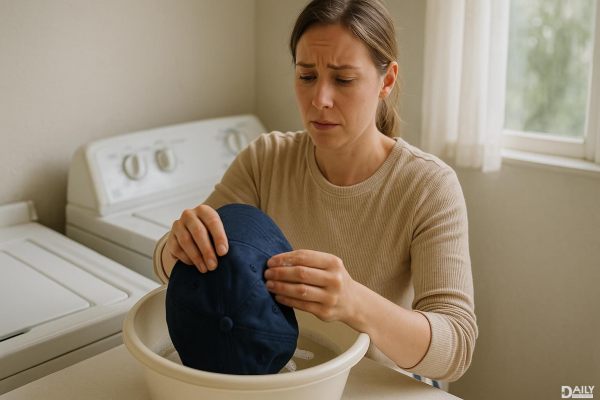Popping an over-the-counter sleep aid might seem like a quick fix when you're staring at the ceiling at 3 AM, but relying on them long-term is a one-way ticket to dependency and a messed-up sleep cycle. These meds are designed for short-term relief—think jet lag or the occasional stress-induced insomnia—not as a nightly crutch. The active ingredients (usually antihistamines like diphenhydramine or doxylamine) knock you out by essentially sedating your brain, which is great in a pinch but terrible as a habit. Your body builds tolerance fast, meaning you’ll need higher doses for the same effect, and suddenly you’re stuck in a loop where you can’t sleep without them. Not exactly the "restorative rest" vibe you were going for.
The Sneaky Side Effects Nobody Talks About
Beyond the groggy "sleep hangover" you’ve probably felt after taking these pills, OTC sleep aids come with a laundry list of underrated risks. Dry mouth, blurred vision, and next-day drowsiness are just the start. Antihistamines can mess with your memory and cognitive function—ever walked into a room and immediately forgot why? Yeah, that’s them at work. For older adults, the stakes are higher: Studies link prolonged use to increased fall risk and even dementia. And let’s not forget the rebound insomnia that hits when you try to quit, leaving you worse off than before. The irony? The thing you’re using to fix your sleep could be making it harder to sleep naturally.
Why Your Brain Hates Dependency
Your body’s sleep-wake cycle runs on a delicate cocktail of hormones like melatonin and adenosine. When you artificially override that system with sedatives night after night, your brain stops producing what it needs to conk out on its own. Think of it like outsourcing a job your body was born to do—eventually, your internal team (aka your natural sleep mechanisms) gets lazy. Plus, these drugs often suppress REM sleep, the stage where dreams happen and your brain processes emotions and memories. Wake up after 8 hours of drugged sleep feeling like you ran a marathon? That’s why. You might be unconscious, but you’re not actually resting.
The Alternatives You’re Not Trying (But Should)
Before you reach for the pill bottle, try tweaking your "sleep hygiene"—a fancy term for habits that set you up for better Zzz’s. Dim the lights an hour before bed (blue light from screens is public enemy #1), keep your bedroom cool (65°F is the sleep sweet spot), and ditch the afternoon caffeine. If anxiety’s the culprit, cognitive behavioral therapy for insomnia (CBT-I) is the gold standard, teaching your brain to associate bed with sleep, not stress. For a natural boost, tart cherry juice (melatonin-rich) or magnesium glycinate (muscle relaxant) can help without the gnarly side effects. And if you’ve tried everything? Talk to a doc. Chronic insomnia might signal an underlying issue, like sleep apnea or thyroid dysfunction, that pills won’t fix.
The Bottom Line: Respect the Sandman
Sleep isn’t a luxury—it’s biological maintenance. While OTC sleep aids have their place (say, during a cross-country flight), treating them like a nightly sleep guarantee is like using a sledgehammer to crack a walnut. The temporary relief isn’t worth the long-term chaos they wreak on your brain and body. Instead of numbing your way to unconsciousness, invest in the boring-but-effective fixes: consistency, a dark room, and patience. Your future well-rested self will thank you.
























